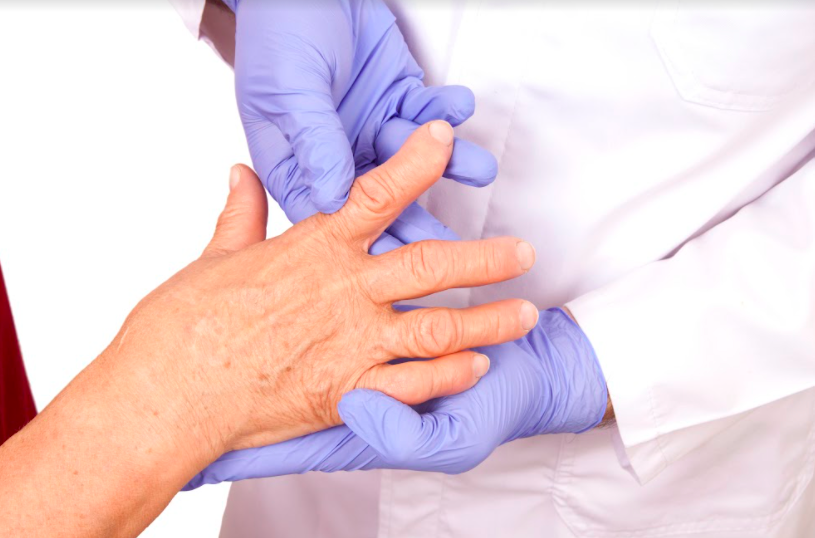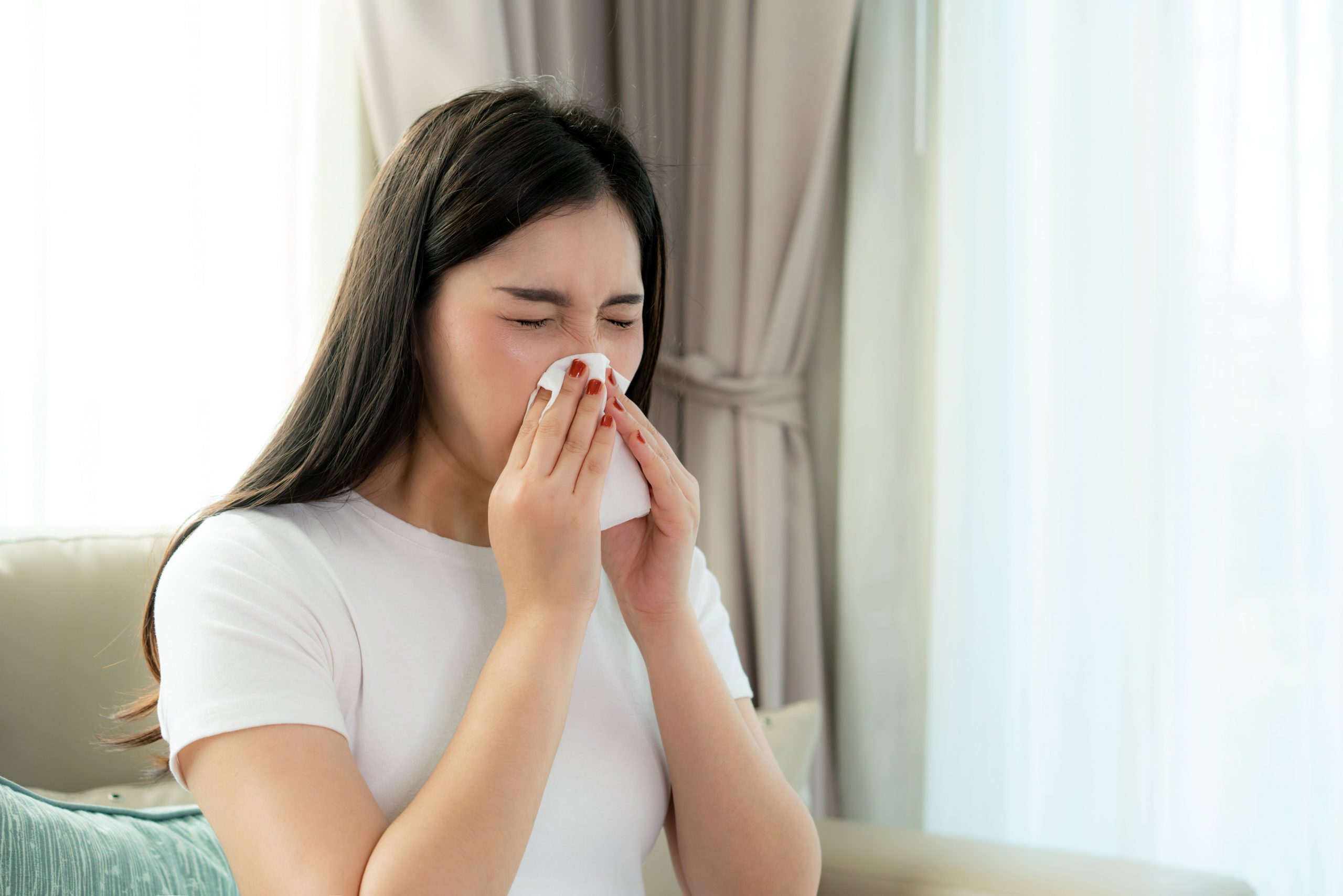Obstetrics & Gynaecology
Menopause Myths: What Every Woman Should Know
Symptoms of menopause can last anywhere from 3 to 11 years. Menopause symptoms can also vary by ethnicity.
This article has been fact-checked by Dr Timothy Lim Yong Kuei, gynecologist at Timothy Lim Clinic for Women & Cancer Surgery, Mount Alvernia Hospital, Singapore.
About the Doctor
As new studies continue to reshape our understanding of menopause, it’s essential to examine what the science supports versus what remains a myth.
Myth 1: Hot flashes are the only symptom of menopause
Menopause can cause many symptoms beyond hot flashes, including:
- Mood changes
- Decreased memory and concentration
- Sleep disturbances
- Fatigue
- Joint pain
- Decreased libido
- Increased weight gain centrally, around the abdomen
- Vaginal dryness and urinary tract changes
Symptoms of menopause can last anywhere from 3 to 11 years. Menopause symptoms can also vary by ethnicity. For example, Southeast Asian women may have more issues with joint and muscle pains, and forgetfulness, while South Asian women may have more uro-gynaecological symptoms.
Long-term health consequences can also arise during the menopausal transition. As a result of a loss of estrogen during menopause, women lose bone more quickly, and this increases the risk of osteoporosis. This estrogen loss also increases the risk of cardiovascular disease during this period in a woman’s life. In addition, South Asian women have higher rates of hypertension, insulin resistance and diabetes during the menopause transition. A decline in estrogen levels has also been linked to cognitive decline. In the Mayo Clinic Cohort Study of Oophorectomy and Aging, the removal of the ovaries before natural menopause increased the risk of developing dementia nearly 2-fold.
Myth 2: All women go through menopause at age 50
The average age at which a woman will go through menopause is 51. The age of onset is variable, with 7% of women entering menopause between the ages of 40 and 45, and 1.9% of women entering menopause before the age of 40, a condition known as premature menopause. Ethnicity may also affect the age at which a woman enters menopause. For example, the average age of menopause for Indian women is 46.7 years.
Myth 3: The only treatment for menopause is hormones
Estrogen therapy given systemically is the most effective treatment for symptoms caused by low estrogen. In women with a uterus, estrogen must be administered with progesterone to reduce the risk of endometrial hyperplasia and malignancy. Hormone replacement therapy (HRT), either estrogen or estrogen with progesterone, can be used to treat hot flashes, genitourinary symptoms of menopause, and to prevent osteoporosis.
For patients who cannot take or do not wish to take hormones, hot flashes can be managed with non-hormonal options such as serotonin reuptake inhibitors (SSRIs), serotonin-norepinephrine reuptake inhibitors (SNRIs), gabapentinoids, oxybutynin, and clonidine. A newer medication, fezolinetant, a neurokinin 3 receptor antagonist, can also be used to treat hot flashes in menopause.1 Non-hormonal therapies are available for other symptoms of menopause like mood changes, sleep disturbances and genito-urinary symptoms.
Myth 4: Hormones are dangerous
HRT used correctly can provide more benefits than risks for many women less than age 60 or within 10 years of menopause. Benefits of HRT include reducing the risk of osteoporotic fracture, and it may help improve muscle mass. HRT does not increase the risk of cardiovascular disease.
However, HRT is not safe for everyone. Women with certain conditions or a history of certain conditions should not receive HRT, such as those with breast cancer, endometrial cancer, unexplained vaginal bleeding, heart attack, stroke, uncontrolled hypertension, venous blood clots without a provoking cause, cirrhosis, clotting disorders, and hepatitis. Other factors, though not contraindications, must be approached with caution when considering HRT, including controlled hypertension, hyperlipidemia, diabetes, smoking, gallbladder disease, provoked venous blood clots, and ovarian cancer with suspected hormone responsiveness.
The decision to be treated with HRT or not should be individualised to a woman’s unique circumstances, symptoms, health history, risk factors and family history.
Myth 5: Nothing can help menopause symptoms other than medication
The first step in managing menopause symptoms should involve lifestyle and dietary modifications to enhance overall health. This includes quitting smoking, losing weight if overweight or obese, reducing alcohol intake, and participating in regular exercise.
Other modalities to help with symptoms of menopause include cognitive behavioural therapy to help with sleep disturbances and low libido. Genito-urinary symptoms of menopause can be addressed with vaginal lubricants and moisturisers.





























